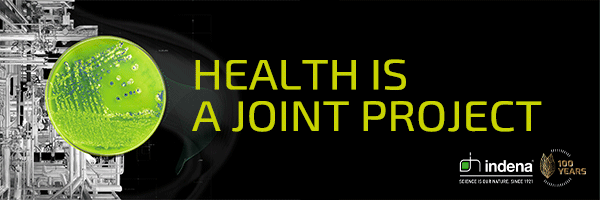Pharmaceuticals
Rubius to build $155 million cell therapy manufacturing facility 12th July 2018
Rubius Therapeutics, a Massachusetts-based biopharmaceutical company developing cellular therapies, is investing up to $155 million to establish a manufacturing facility in Rhode Island. The company says it plans to invest up to $155 million over a more than five-year period to renovate a 135,000-square-foot manufacturing facility through the adaptive reuse of an existing building in Smithfield, Rhode Island.
Rubius is developing a class of therapies that it calls Red Cell Therapeutics (RCTs), which are based on red blood cells. The company has developed a platform to genetically engineer and culture RCTs as cellular therapies. The company says that its cellular therapies can be transfused into approximately 95% of patients since they are produced from O-negative donor blood stem cells and that they use scalable and flexible manufacturing to enable production of thousands of doses in bioreactors from a single donor, depending upon the therapeutic application.
The proprietary process can generate a wide variety of allogeneic, ready-to-use RCT product candidates through the following steps: (1) obtaining CD34+ hematopoietic precursor cells from the blood of O negative donors; (2) genetically engineering the cells to express biotherapeutic proteins within the cell or on the cell surface of the RCTs; (3) expanding the number of cells and differentiating them into reticulocytes, which are enucleated red-blood cell precursors; and (4) formulating, characterizing and storing doses of the resulting RCT product candidate for later infusion into patients. The company says that by modifying only one of its initial manufacturing steps in which it adds a gene or genes that encode biotherapeutic proteins within the cell or on the cell surface of RCTs, it is able to develop new RCTs designed to treat different diseases.
Rubius is developing a pipeline of RCT product candidates with an initial focus in rare diseases, cancer, and autoimmune diseases. The company plans to file an investigational new drug application (IND) for its lead drug candidate as a treatment for phenylketonuria in the first quarter of 2019 and INDs for additional RCT product candidates during 2019, 2020, and thereafter, according to information from the company.


